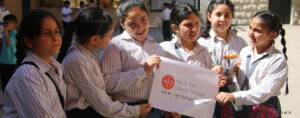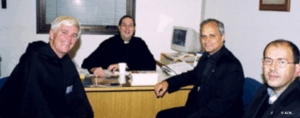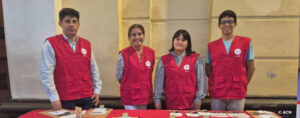Six bishops from the east of the Democratic Republic of the Congo (DRC) have written an “assessment of the pastoral and social situation” of the country, following a meeting which took place in Butembo, from April 8-14, and which paints a bleak picture of the state of the country and denounces how “the dignity of the Congolese people” is being undermined. The eastern provinces of North Kivu and Ituri have been under Martial Law since 2021, due to regular attacks by armed militias, which have even resulted in the surrounding of the city of Goma since the end of February.
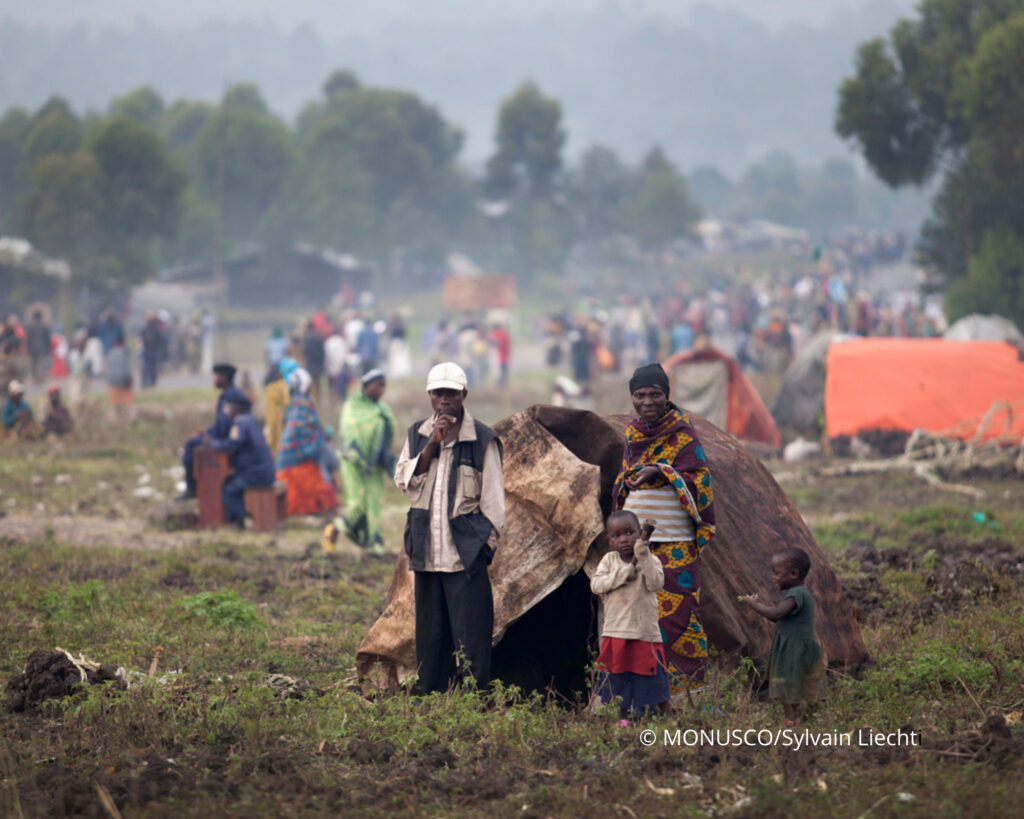
In a message addressed to the Congolese population, and sent to the international Catholic charity Aid to the Church in Need (ACN), the bishops of the Ecclesiastical Province of Bukavu—which includes the Dioceses of Bukavu, Butembo-Beni, Goma, Kasongo, Kindu, and Uvira—ask the leaders of the Democratic Republic of the Congo (DRC) to serve the people, and to “stop running the country as if it was your private domain.” Furthermore, they ask the international community to “stop choking Africa” and to “understand, once and for all, that the Democratic Republic of the Congo is not for sale and cannot be lawlessly exploited.”
For over 30 years, the eastern part of the country has been subject to violence carried out by some 120 armed militias who fight over territory and seek to exploit natural resources. These armed groups include the March 23 Movement (M23) and the Allied Democratic Forces (ADF), which is affiliated with the Islamic State. According to the United Nations, the conflict in eastern DRC has cost the lives of some six million people since 1996. The Congolese army has proven unable to deal with the situation, and the further six million internally displaced by the fighting is the largest such group in all of Africa.
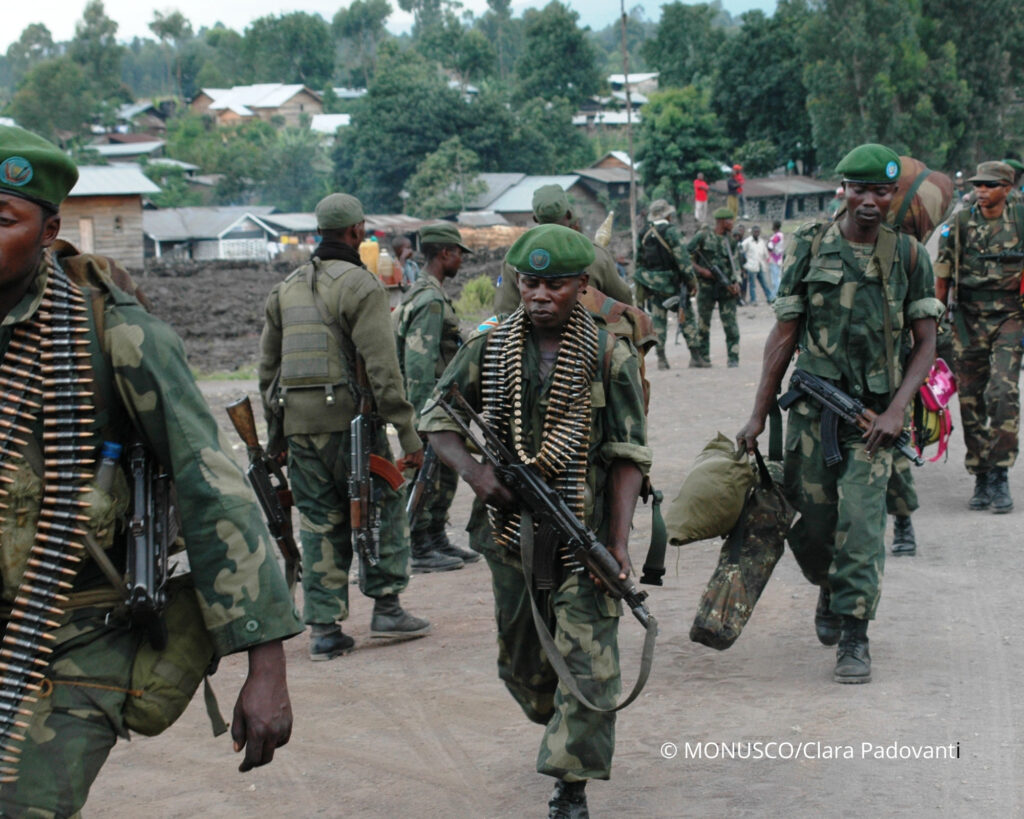
Since May 2021, the provinces of North Kivu and Ituri have been under Martial Law due to the frequent militia attacks, giving the army extra powers to manage the territories. The city of Goma, which has been under attack by M23 rebels since the end of February, is under particular threat.
In their message, the bishops denounce “the insecurity, which has become endemic, with its trail of murders carried out in full daylight, massacres, and kidnappings,” as well as the “continued siege of the city of Goma by M23, backed by Rwanda” and “the paralysis of the economy through a strategy of isolation and asphyxiation of the large and small urban communities.”
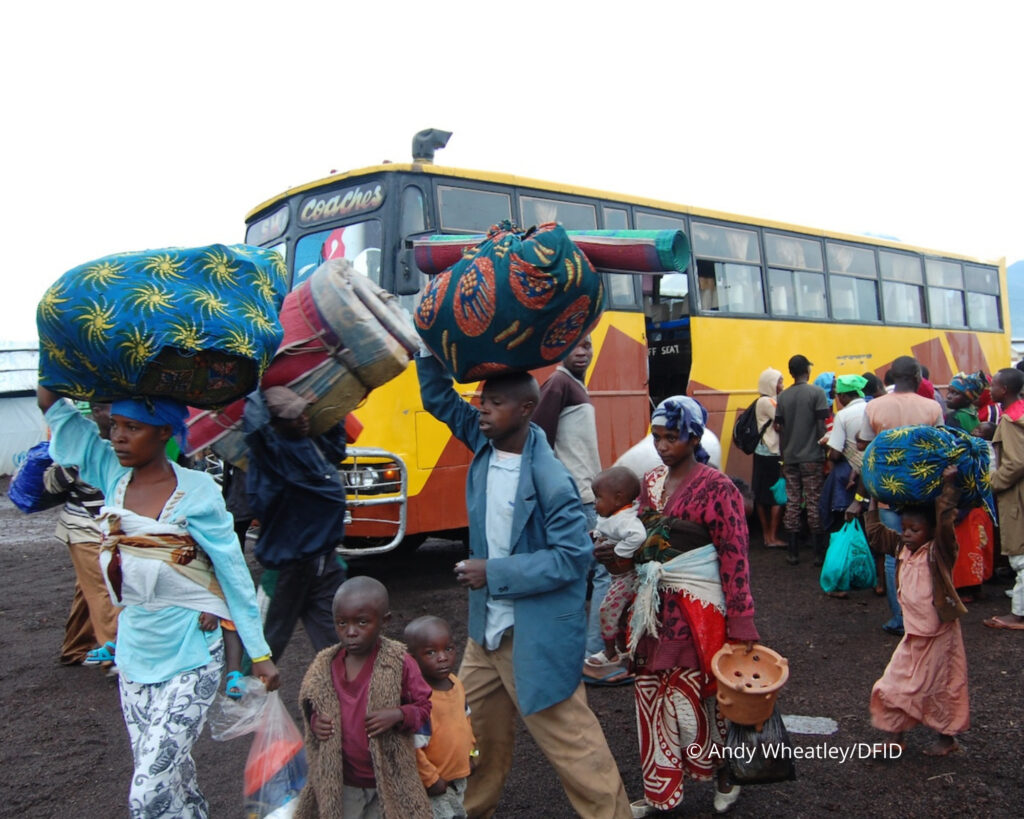
The bishops decry the fact that some parishes have had to partially or totally shut down due to insecurity, as well as the abandonment of young people and the “breach in trust between the civil population and the military, on one hand, and the civilians and the state authorities, on the other.”
The Congolese state is dead
Regarding the roots of the evils that afflict the second largest country in Africa, the bishops write: “When we hear our people speaking of the source of our interminable suffering, we conclude that all of this is happening because the Congolese state is dead—that we, the governed, have been left to our sad fate, and that there is no indication that the current leaders have any concern for the welfare of those they govern.”
Despite the difficulties listed in their message, the bishops do raise a note of hope when they compare the destructive forces in their country with their faith in “the God of the living” and recall the words of Psalm 118:17: “I shall not die, but I shall live, and recount the deeds of the Lord.” They also ask the faithful to pray for their own conversion and for that of their persecutors “both inside and outside” the country.
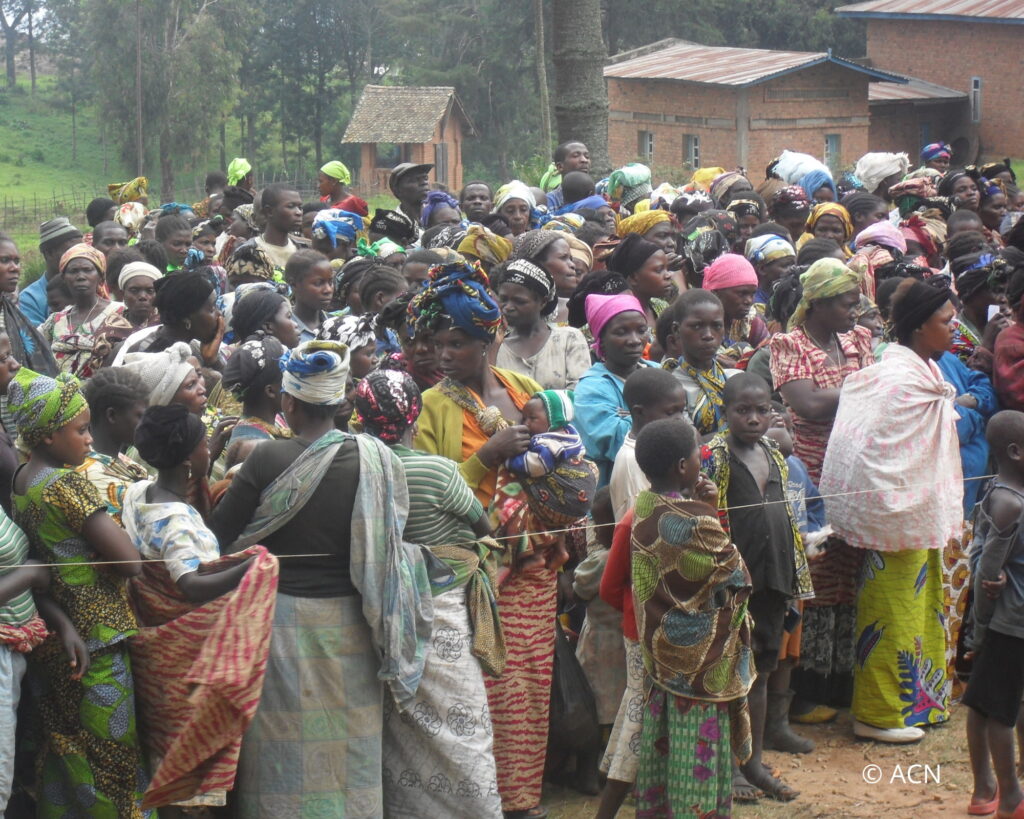
The Congolese Church leaders highlight the heroism of the priests and religious who carry out their mission in territories controlled by M23 and ADF, and restate their confidence in the fact that the majority of the population sees the Catholic Church “as an institution that tirelessly defends the people’s interests,” recalling that the Church continues to carry out its mission of charity and aid “among the displaced, which in the Dioceses of Butembo-Beni and Goma alone exceed two million.”
The vicar general of Goma, and ACN project partner, Father Henri Chiza Balumisa, explains that “the insecurity cannot keep the Church from doing its job; on the contrary, it should remind it of its mission. When nothing else is working well, the importance of the Church stands out. We are grateful to our brother priests who live in difficult situations, risking their lives, and afflicted by fear. They remain here. They call me, and the bishop, to share with us the situations they and the people are going through, but they never show the smallest intention of abandoning the People of God. They are here to share in the suffering of the people. It is in these moments of suffering that the Church wants to be the salt of the earth.”
Father Balumisa stressed that the Christians in his diocese feel abandoned by the rest of the world, but not by the benefactors of ACN, and points to the aid they have received from the charity. “I would like to take this opportunity to thank ACN, which stands out for its support, for its presence and effort in supporting our pastoral work through Mass intentions to improve the quality of life of the priests, and which accompanies the priests of our diocese in their apostolate. Our faithful are aware of this support they receive from Christians in other parts of the world, and they are very grateful.”
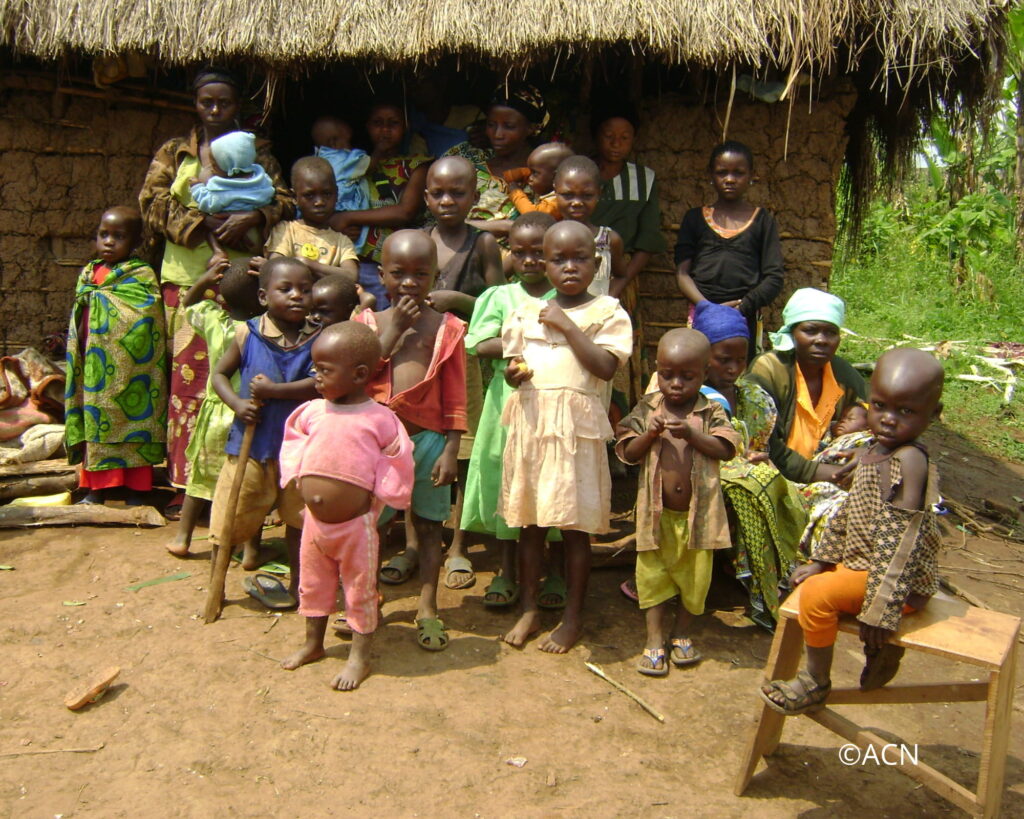
The Democratic Republic of the Congo received around $4.9 million from Aid to the Church in Need (ACN) in 2023. ACN’s aid went to 42 of the country’s 48 dioceses and funded a total of 251 projects. The charity has made a special effort to strengthen the Church’s presence in the regions that have been abandoned and forgotten by the government.
Religious formation was the main focus of the aid sent to the country, making DRC the country that received the most support for this need in the world. These funds went mostly towards the continued formation of clergy and seminarians, with the remaining portion being used for scholarships for the studies of priests and religious sisters. Another important priority of the financial assistance sent to DRC is Mass intentions.





